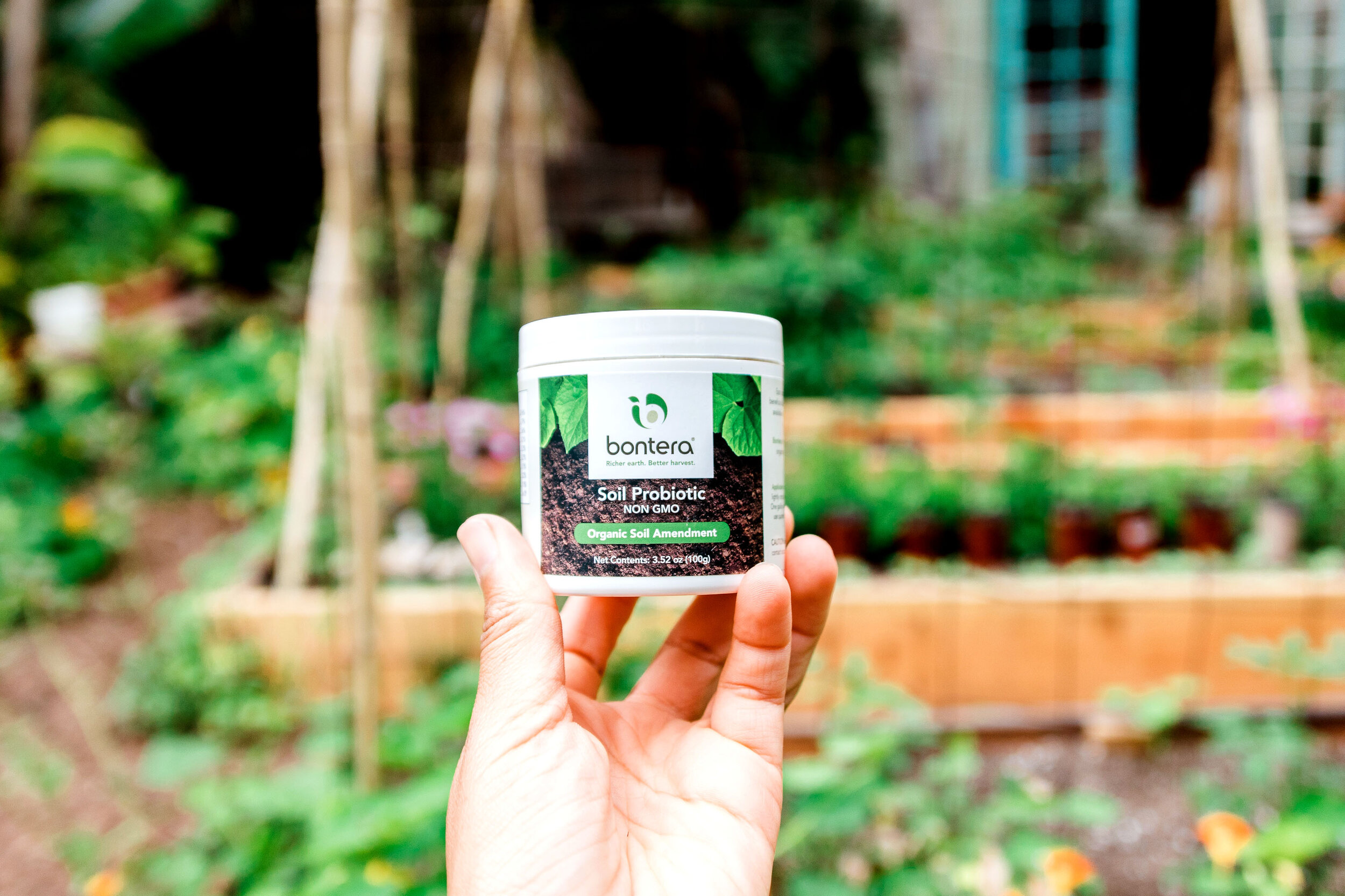

10 Reasons Why Microbes Matter
Beneficial soil microbes (or Soil Probiotics) presents a natural, organic, effective, eco-friendly and sustainable approach to agriculture in the 21st century for a wide variety of reasons provided below.
1.) Microbes help plants fix nitrogen from the atmosphere. Nitrogen is a vital nutrient required for plant growth and development and is usually supplied in the form of synthetic chemicals such as urea and/or ammonium compounds in large quantities. These chemical compounds are highly volatile.
2.) Microbes help convert unavailable forms of many vital nutrients and enzymatic-ally transform them into readily available and usable forms. For example, enzymatic breakdown of the rock phosphate to free phosphate for plant uptake.
3.) Microbes help release or extract many nutrients that are present in the soil but are tenaciously bound to soil particles. Many nutrients in chemical forms are supplied to plants in quantities that excessive and are above and beyond the plant's capacity for uptake. A huge amount of such chemicals make ionic and coordinated bonds with soil particles which renders them unavailable to plants. This also makes soil calcareous and saline.
Each scoop of Bontera Soil Probiotic contains billions of beneficial bacteria, fungi and mycorrhizae and a mixture of readily available amino chelated micronutrients that work to promote healthy soil, and healthy roots and plants.
4.) Microbes help create the acidic environment around the root zone critical to healthy root development and functionality. Microbes do that by synthesizing and secreting acidic compounds such as acetic acid, etc. for maintaining the rhizosphere under optimal conditions.
5.) Microbes produce many plant growth-promoting (PGPR) compounds to help plants with their growth and development.
6.) Microbes protect plant roots' from many harmful and invasive insects that are the disease carriers. Microbes synthesize organic compounds that deter such insets and protect roots from infections.
7.) Microbes help plants form the extended root extensions to excess nutrients from the soil that are out of their root zone. Some endophytic microbes are even able to transport nutrients directly into the roots.
8.) Microbes break down the complexes or bonds between soil particles and excessive nutrient chemicals which leads to improvement in soil cation exchange capacity (CEC) allowing the free flow of nutrients through the soil.
9.) Presence of beneficial microbes in the soil leads to a healthy and fertile soil as well as vibrant rhizosphere which create ideal or optimal conditions for plant growth and development providing plant the ability to tolerate stresses such as wind, drought, heat, etc.
10.) Microbes help build soil organic matter which leads to higher soil fertility. Microbes do that by enzymatic-ally breaking down the complex organic matter in the soil into simple molecular forms and eventually into plant nutrients.

